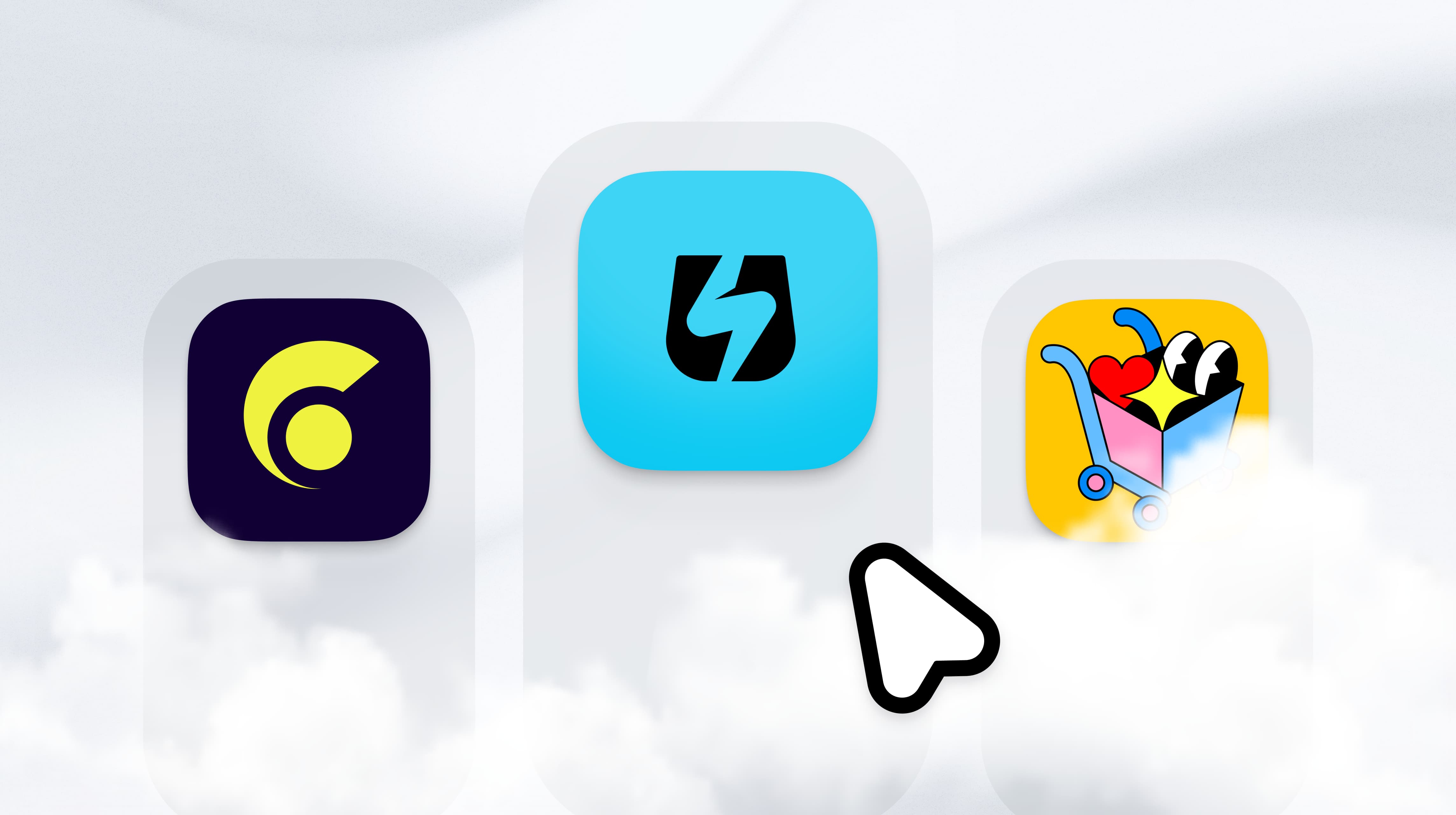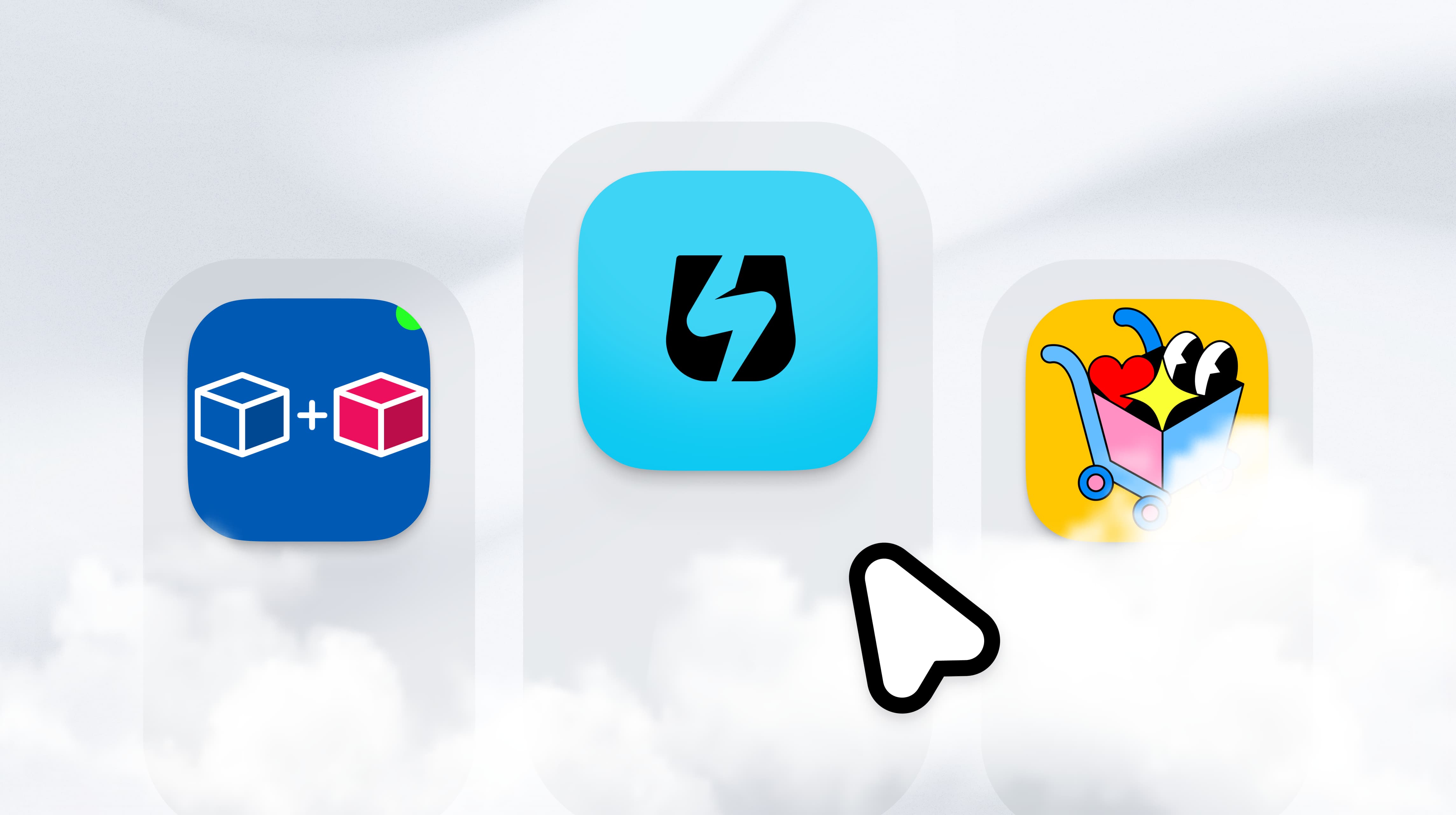Most frequently asked questions about Shopify page builder apps
Rebecca Anderson
Most frequently asked questions about Shopify page builder apps
With a 28% market share, Shopify is the biggest name in the U.S. eCommerce software market. While Shopify is a great solution for creating an online storefront, there are limitations on how you can scale the look and feel of your store with its default themes and templates. Shopify page builder apps give you the ability to build the store that you’ve envisioned without the limitations of the default Shopify options or reliance on code and developers.
There are dozens of page builders in the Shopify app store to choose from. And not every page builder offers the same benefits or performs at the same level. Many Shopify merchants have a few of the same questions in mind when considering using a page builder.
This article will help break down the most frequently asked questions people have when deciding which Shopify page builder app is the right fit for their online store.
Top FAQs about Shopify page builder apps
For those that are new to Shopify, one of the most common questions asked begins with the basics: What is a Shopify page builder, what does it do, and how does it work?
What is a Shopify page builder?
A Shopify page builder app is a software application that helps merchants create and customize pages for their online store without the need for extensive technical knowledge or code. Page builders are useful for eCommerce entrepreneurs, store owners, and founders who have used Shopify to set up and manage their online stores.
However, no two builders are alike. Some page builders offer a large variety of pages that can be created, while others focus on a specific type of page (like a landing page, blog page, or product pages).
What are the common features of Shopify page builders?
Page builders are typically used to create pages because you can create custom pages without or with less code/developer assistance.
Here are some of the most common features many Shopify page builders share:
Libraries of templates/sections/elements
Drag-and-drop page building
Ability to add custom code
Brand kits to create on-brand content
Integrations with third-party apps
AI content creation features
To figure out which page builder suits your needs - it is important to evaluate what types of pages you will be creating, the cost, and code/versus no-code preferences.
What are the top Shopify page builder apps?
You can find numerous different page builders listed in the Shopify app store.
Here are some of the most popular page builders:
How much does a Shopify page builder cost?
There are many different builders to choose from. Depending on the product, most pricing plans vary based on the number of pages published, pre-built templates available, customer support access, and features available per plan.
Here is a list of pricing pages for some of the most popular Shopify page builders:
What are the benefits of using a Shopify page builder?
Shopify page builder apps are quickly replacing the traditional way of building an eCommerce site. With Shopify page builders, you don’t need to spend your time and energy on developers to build your site. Instead, you can create a new page for your store in hours at a fraction of the cost.
In addition to saving time and money, there are a few other common benefits of using a page builder:
Speed of building: page builders are typically used to build custom pages faster because there are no code/limited code dependencies.
On-brand content consistency: many page builders, like Instant, offer Brand kits where you can upload your brand fonts, colors, etc., and easily add to your content. This makes it easy to turn a template into a page that matches your brand.
Mobile responsive pages: about 50% of global website traffic is on mobile devices. With many page builders, you can build pages that are responsive across devices - ensuring better performance no matter what device shoppers use.
Ease of customization: compared to Shopify themes, page builders often offer customizable templates for pages that are for specific use cases (like a Black Friday landing page, product launches, or promotions).
Increase conversion rates: Many page builder templates and sections are built with CRO best practices already in place, giving a strong foundation for the conversion rate of your page.
Less technical support needed: No-code, visual page builders make it easy to learn how to drag and drop content, all without developer assistance. With the customization features, you can still create standout, dynamic content without needing to know how to code.
Why do you need a Shopify page builder?
Although Shopify is a powerful tool for eCommerce brands to create and manage their online store, it is not always intuitive or easy to create pages. The main use case for using a page builder is this ease of use and customization.
Here are some of the reasons you should use a page builder:
Create pages that stand out from the competition
Instead of matching the same themes used by many Shopify merchants.
Design pages without needing code.
Drag and drop elements to bring your page to life.
Save time by starting with templates or pre-built sections.
Improve your data tracking and conversion optimization.
Build pages that are SEO-optimized and mobile-responsive.
All of these factors are common reasons why you should consider using a page builder for Shopify.
Do I need to know code to use a Shopify page builder?
For most Shopify page builders - it is not necessary to know how to code. For many entrepreneurs who get started on Shopify, using a page builder is an easy way to build a visually stunning store themselves without needing developer costs or resources.
Do I need to hire an expert/freelancer/agency/in-house developer/tech team to use a Shopify landing page builder?
The benefit of using a page builder is that you can create your pages yourself - if you want to. However, many page builders partner with agencies and freelancers who are well-versed in their particular page builder. So, while it is not necessary to hire outside help - it is definitely an option that many brands choose.
Will page builders slow down my Shopify store?
Page builders should not slow down your site - Instant refrains from adding unnecessary javascript to your store to ensure your store’s load speed is as fast as ever, even after installing Instant.
What are the different types of pages that page builders can create?
Each page builder is capable of creating different types of pages for your Shopify store - so it is important to check to be sure the tool you pick matches your needs.
Here are some of the types of pages you can create in Shopify:
Landing pages
Homepages
Product pages
FAQ pages
Pricing pages
Collections pages
Collections list pages
Blog post pages
Can you use more than one landing page builder on Shopify?
Yes, it is possible to use more than one landing page builder for Shopify. For example, perhaps you would want to use a tool like Bloggle to create bespoke blog pages for your store, use Instant to create a landing page for your latest product launch and another builder for custom product detail pages. It all depends on your needs and budgets.
Conclusion
Shopify page builders are useful tools for creating custom pages for your online store. One of the main reasons to use a page builder is that they make it easy to create pages and easy to customize pages. Plus, using a page builder can save you time and money because the reliance on code and developer assistance is limited or eliminated.
Not sure what page builder to start with?
To figure out which page builder suits your needs - it is important to evaluate what types of pages you will be creating, how quickly you need to publish new pages, the cost, and code/versus no-code preferences.
Many page builders, like Instant, offer the option to try out their builder for free - and you only need to pay when you are ready to publish/upgrade to a paid plan. This is a great way to try before you buy so you can assess which page builder best fits your needs.
More stories
Shopify
·
Feb 6, 2026
Shopify
·
Feb 6, 2026
Shopify
·
Feb 5, 2026






